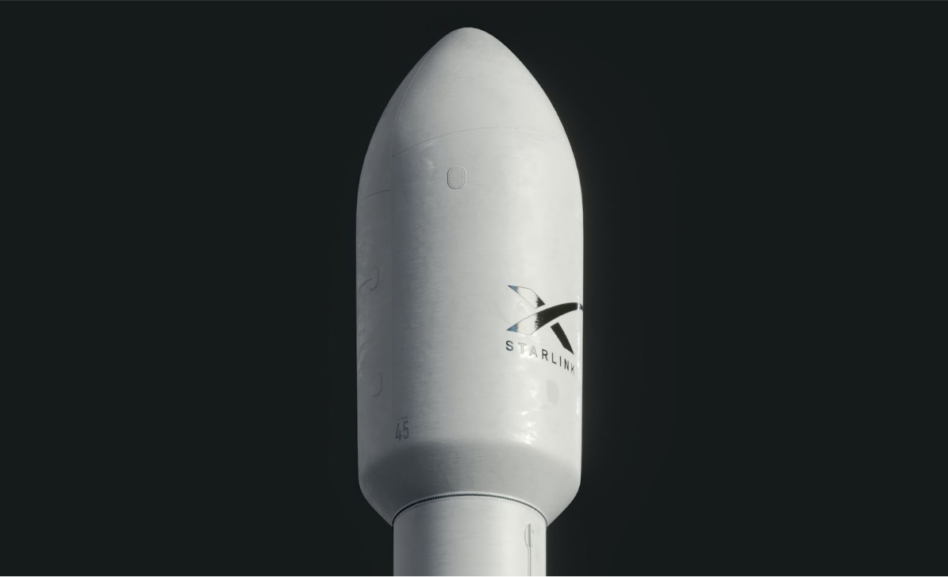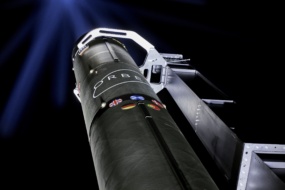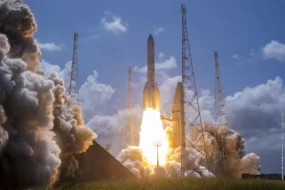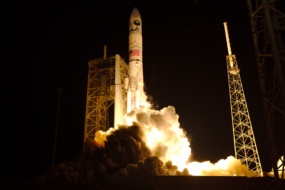A common question we get here at Payload is how much money SpaceX is making.
Unfortunately—but unsurprisingly—SpaceX doesn’t break out any annual revenue data from launch or Starlink, its two core verticals.
But that didn’t stop us. We’ve decided to give it our best shot and estimate what SpaceX’s 2022 revenues will look like. All together, our analysis nets out to $2.27B in launch and $980M in Starlink revenues. Check the graphic for the details, and find our analysis and assumptions below.
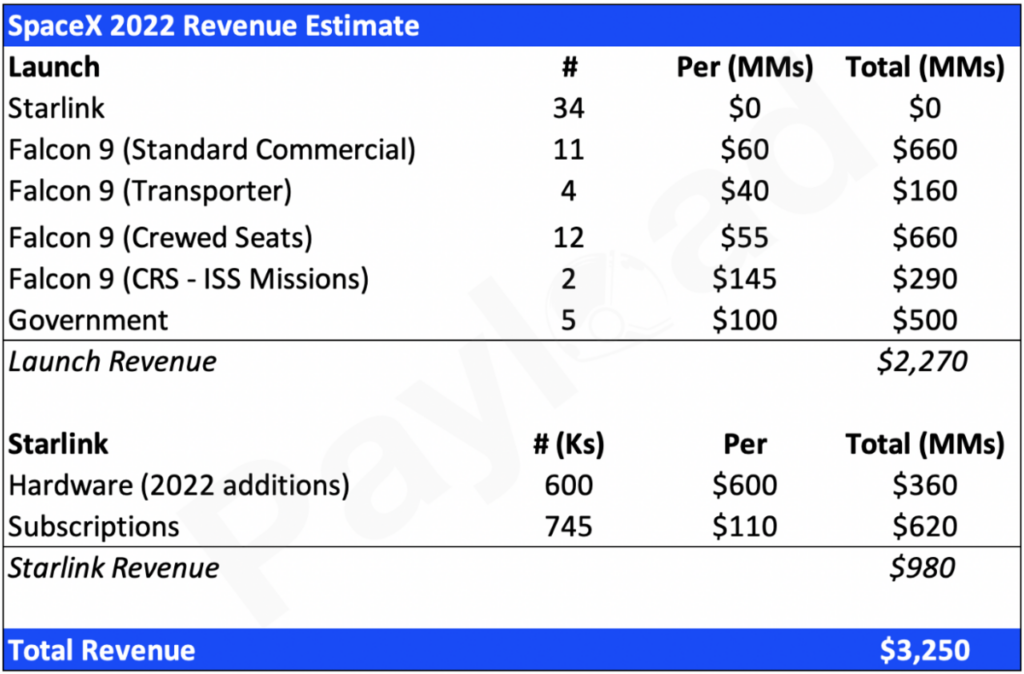
Launch assumptions
- We attribute zero revenue to Starlink-specific missions. 30 such launches have occurred YTD, with more scheduled through the year’s end.
- Citing inflation, SpaceX increased launch prices to $67M in Q1. We assume a slightly lower average of $60M, due to expected price slippage from some launches flying at less than full capacity.
- Falcon 9 Transporter missions are likely significantly lower than the $67M sticker price—we assume the average price to be $40M. SpaceX just announced an adjustment to their smallsat rideshare program, allowing satellites as small as 50 kilograms to book directly through the company at $5,500 per kilogram.
- A seat on Crew Dragon reportedly sells for $50-60M. SpaceX has flown three crewed missions to the ISS, including Ax-1, Crew-4, and Crew-5 (with four astronauts per launch).
- The Commercial Resupply Services (CRS) missions are assumed to be $145M based on prior award data.
- Government launch costs are assumed to command a 50% premium to the $67M sticker price. These launches include NROL-87, NROL-85, USA 328-331, USSF-44, Transport & Tracking. SpaceX’s previous national security launch bids have been priced north of $100M.
Starlink assumptions
- SpaceX reported 145,000 Starlink subscribers at the start of the year. By June, the company reported 400,000 subscribers, which implies 50,000 additions per month. We’ve kept this rate constant through the rest of the year to get to a year-end total of 745,000 subscribers.
- We assume a $110/mo subscription fee. The service has been discounted in certain markets overseas, but these temporary price adjustments may likely be offset with higher-priced plans (for RVs, boats, and planes)
- Starlink for RVs was recently reported to have 100,000 users paying $135/mo, and Starlink Maritime costs $5,000/mo. The total subscription fee is a waterfall calculation of the sum of each month calculated separately after the addition of the 50,000 subscribers.
- We’re comfortable with the $110/mo assumption due to recent reports from CloudFlare and SpaceX self-reported data, which imply that 98% of Starlink subscribers are in developed markets.
Additional considerations
- It’s unclear to us if the subscriber count reported by SpaceX includes the 23,000 Starlink terminals deployed in Ukraine. Elon Musk has said in recent days that SpaceX is losing $20M/mo on its Starlink service in Ukraine.
- We didn’t attribute any revenue from the HLS contract win as it is unclear when and how the company is recognizing the revenue. The contract value is $2.89B through 2025. It’s entirely possible that something like $250-500M+ could have been booked as revenue this year.
+ So, how’d we do? Please don’t hesitate to reach out. Reply to this email to drop us a line on why we’re on the right track, why we’re wrong, what we’ve missed, or anything else.
